What does AI mean for your employee value proposition?
In research we conducted last year into the employee value proposition (EVP) messaging of 140 organisations, only 1% talked about investing in the jobs of the future.
Are you one of the 99% or the 1%?
It appears to be a hard question because what does a job of the future look like?
One aspect which is becoming clearer by the day is that the jobs of the future will require employees to augment their work with AI. This is a big jump from other technological evolutions which have predominantly focused on reducing manual aspects of work (through automation) making employees more physically productive in a tangible way.
Artificial intelligence is different...it does some of the thinking so the outcomes might be observable but the process to get to the outcome is not as visible. This creates a different workplace dynamic which will impact employee experience.
So what does AI mean for your organisation's EVP?
I couldn't resist...I asked ChatGPT, and this is what it said:
"AI enhances your employee value proposition by automating routine tasks, allowing employees to focus on creative and strategic work. It offers personalised learning opportunities, improves decision-making with data insights, and fosters innovation. AI also enhances workplace efficiency and job satisfaction, making your company more attractive to top talent."
So, if you accept this definition the next question is "how?" and this is the essence of the challenge organisations face.
Additionally, you need to remember that there are different ways employees can augment their work - robotics made workplaces safer while automation removed manual involvement in routine tasks...and we can't forget that not all employees focus on strategic or creative tasks.
What AI cannot replicate is interpersonal interactions. It can chat (via text or voice) but it is emotionless, and although there are moves to make AI more "human" there are currently limits as to the range of variable situation AI can support vs the ability of good employees to react and manage situations. Particularly with customers.
Basically - we humans are better at empathy than AI and this needs to be reflected in an EVP because this will increasingly be the unique experience people will have in companies as routine and analytical tasks are outsourced/allocated to technology.
So my EVP doesn't need to reflect AI?
No - your EVP does need to define the experience your employees will have with AI and other technologies in the workplace...and in a context that is relevant for them.
Employees need to believe that their contribution is valued. This could be based on the role they currently hold, the cultural contribution they make, or the way they build new pathways for the organisation to grow.
An EVP of the future needs to focus on how employees are valued. It needs to reflect that employees of now and in the future will have a wider range of tools at their disposal supporting them to be more effective in their roles, with clarity around the value they will both bring and feel.
An EVP that just talks about how AI will make you more creative, strategic, productive, improve your decision-making and foster innovation while taking some of your routine tasks away doesn't sound that good when you realise the underlying message...you are not adding enough value the way you are working now.
Organisations need to carefully navigate the transition - the EVP must highlight the value of empathy to the organisation, and this can often be represented in terms of authentic customer and employee experiences rather than automated ones.
In a world where everything is structured and automated, a little bit of chaos, a little uniqueness...a little bit of humanity will set your EVP apart and help you be recognised as a first choice employer of people.
...you might even get some AI applications for your roles too!
About the Author
Malcolm Peak is the founding director of Peak Corporate Solutions, a Sydney-based EVP development and Advisory practice.




